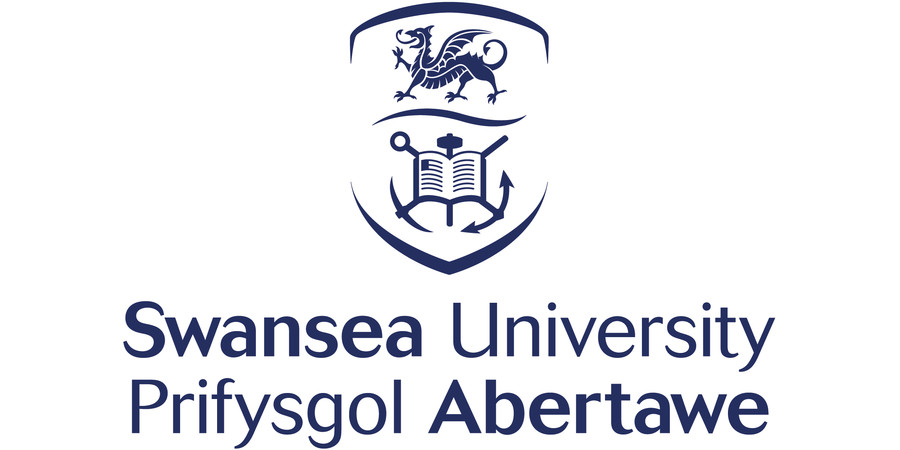Health and Well-Being and Data Science: Fully Funded PhD Studentship in the ESRC Welsh Graduate School for the Social Sciences (WGSSS) Health and Well-Being and Data Science Pathway (RS887)
Swansea University - Faculty of Medicine Health and Life Science
| Qualification Type: | PhD |
|---|---|
| Location: | Swansea |
| Funding for: | UK Students, International Students |
| Funding amount: | £20,780 |
| Hours: | Full Time |
| Placed On: | 3rd October 2025 |
|---|---|
| Closes: | 11th December 2025 |
| Reference: | RS887 |
The pathway combines observational, descriptive, and trials-based methods with large population-scale datasets to provide evidence on societies most pressing health challenges. Research informs evidence-based policy making to support people to make healthy lifestyle choices and/or to live better with illness and disability. More specifically, it examines the built and social environment and the impact that these have on multiple health and/or social outcomes. For example, a project may characterise the housing or school travel environment, and investigate the impact on injuries, mental health and educational outcomes; or shifting ageing and family-size demographics in relation to the epidemiology of chronic health conditions to address the pressing issue of the ‘care -gap’. Projects may use a range of methodologies, from observational to computational and population-level modelling. Such projects and associated methods are made possible through the linkage of administrative and health data, increasing demand for suitably qualified doctoral researchers capable of applying a mix of methods to complex social science problems.
If your application requires the use of data from the SAIL Databank you must register your proposed project with the SAIL Scoping team.
This scoping must be undertaken before you submit your application.
Funding Comment
The studentship funded by the ESRC covers tuition fees and an annual tax-free living stipend in line with UKRI minimum rates (currently £20,780 for 2025/26) and includes a Research Training Support Grant.
Advert information
Type / Role:
Subject Area(s):
Location(s):









